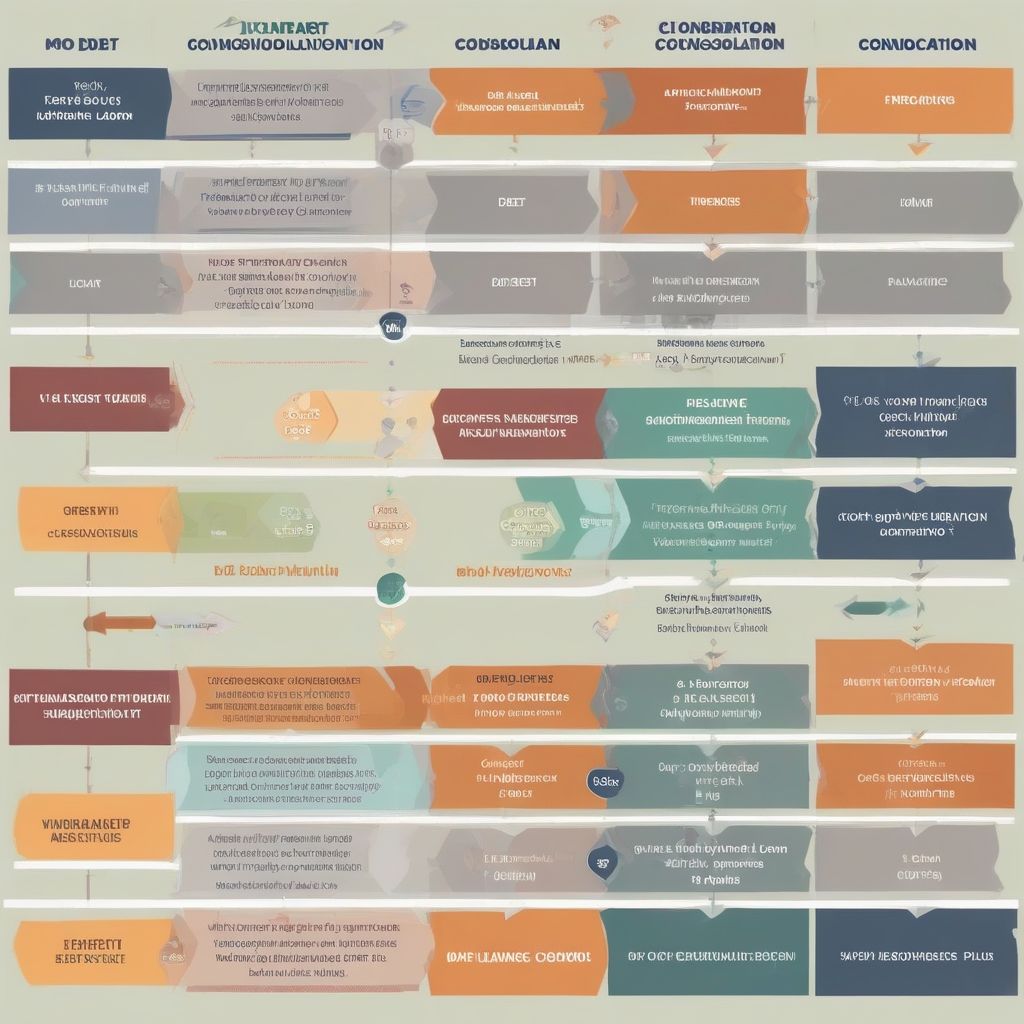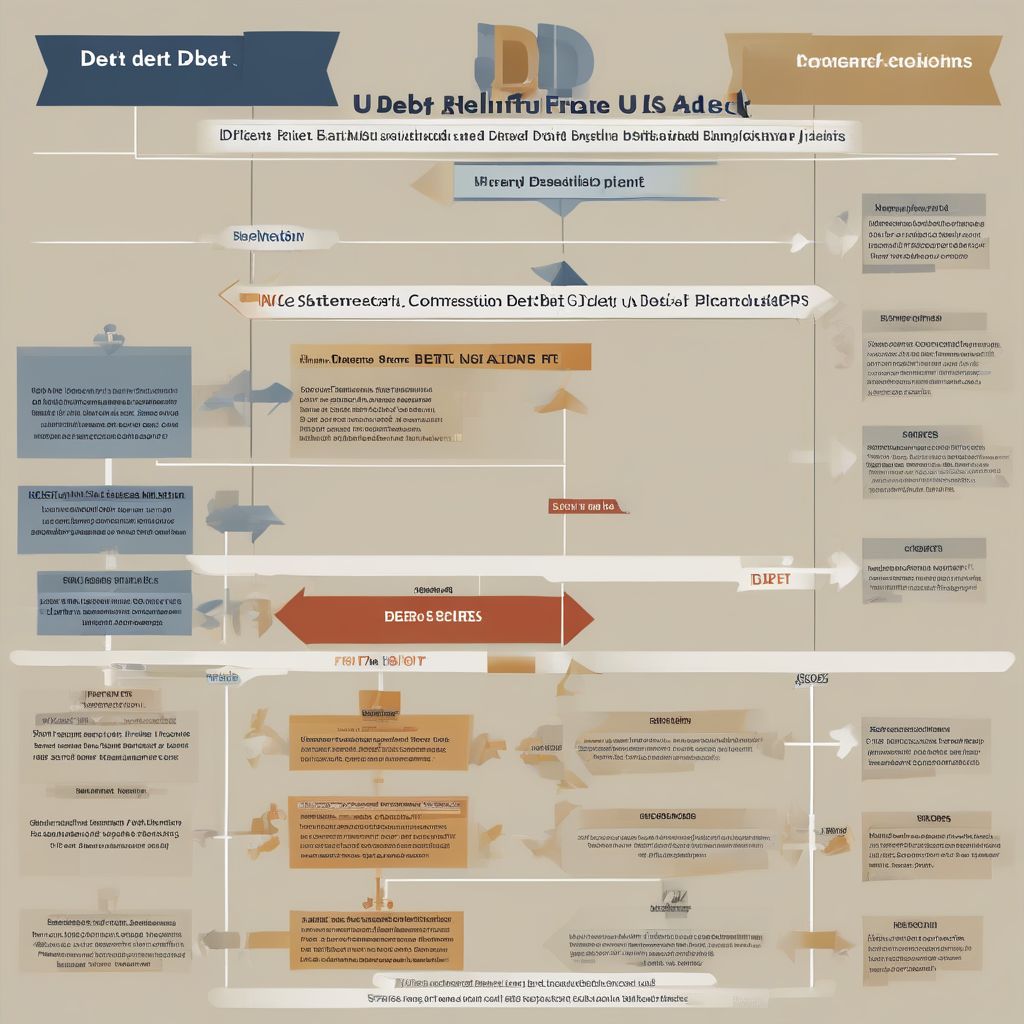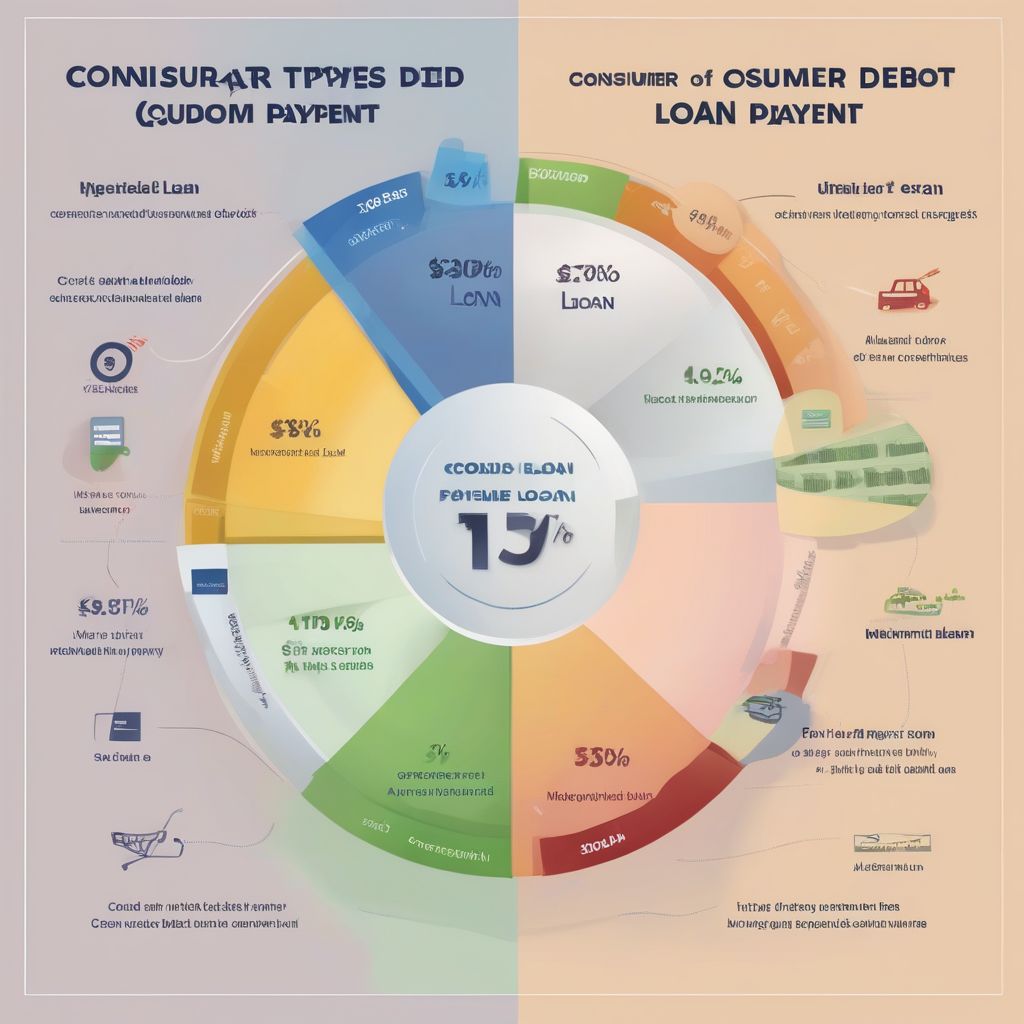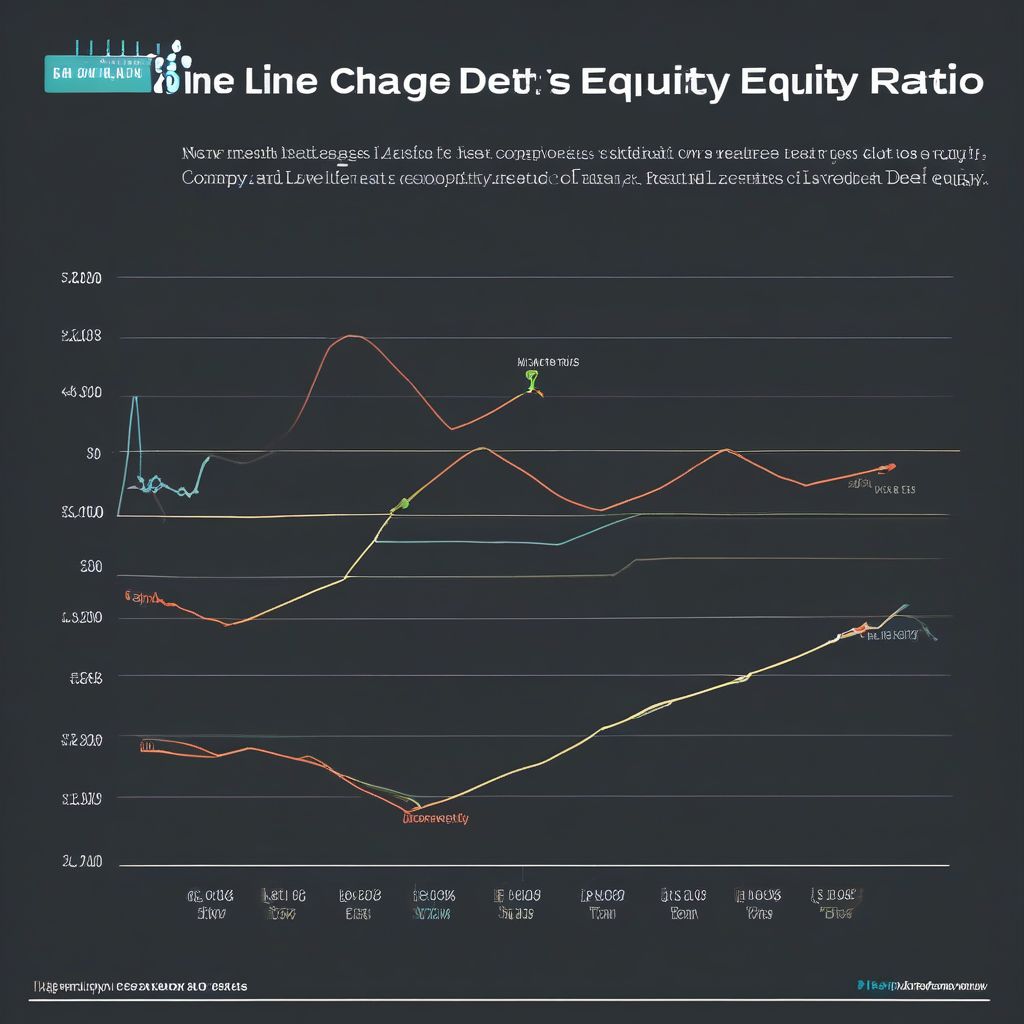Navigating the complex world of taxes can be daunting, especially when facing an IRS debt. The good news is you don’t have to face it alone. Understanding your options for “sonneriesvip.com/help-with-irs-debt/">Help With Irs Debt” can alleviate stress and put you on the path to financial recovery. This comprehensive guide will explore various strategies to address your tax liabilities and find the relief you need.
Understanding IRS Debt and Your Options
IRS debt refers to any unpaid federal taxes owed to the Internal Revenue Service (IRS). This can include:
- Income Tax: Unpaid taxes on your earnings.
- Payroll Tax: Taxes withheld from employee wages but not remitted to the IRS.
- Penalties and Interest: Additional charges accrued for late payments or non-filing.
Ignoring IRS debt won’t make it disappear. In fact, it can lead to serious consequences like:
- Wage Garnishment: The IRS can legally take a portion of your wages.
- Bank Levy: The IRS can seize funds directly from your bank account.
- Property Lien: The IRS can place a claim on your assets, including your home.
Common Questions About IRS Debt Relief
What Should I Do If I Can’t Afford to Pay My IRS Debt?
Many taxpayers feel overwhelmed by the amount they owe. Don’t panic! There are several options for resolving your tax debt, even if you can’t afford to pay the full amount:
- Offer in Compromise (OIC): An OIC allows certain taxpayers to settle their tax liability for less than the full amount owed. This option is generally available to taxpayers experiencing significant financial hardship.
- Installment Agreement: This allows you to make monthly payments over an extended period, typically up to 72 months.
- Currently Not Collectible (CNC) Status: If you’re facing extreme financial hardship and can’t afford to make any payments, the IRS may temporarily suspend collection efforts while you get back on your feet.
How Can I Get Help With Irs Debt Negotiation?
Navigating IRS procedures and negotiating payment plans can be complex. Consider seeking professional assistance:
- Tax Attorneys: Specialize in tax law and can provide legal advice and representation during negotiations with the IRS.
- Enrolled Agents (EAs): Federally licensed tax professionals specifically authorized to represent taxpayers before the IRS.
- Certified Public Accountants (CPAs): Accountants with advanced training and expertise in tax matters.
What Are the Benefits of Seeking Professional Help?
- Expertise: Tax professionals have in-depth knowledge of tax codes and regulations.
- Negotiation Skills: They can effectively negotiate with the IRS on your behalf to secure the best possible outcome.
- Reduced Stress: Having an expert on your side can alleviate the stress and anxiety associated with dealing with IRS debt.
Important Considerations for IRS Debt Relief
- Statute of Limitations: The IRS has a limited time frame (typically ten years) to collect unpaid taxes.
- Tax Debt Forgiveness Programs: In rare cases, taxpayers may be eligible for programs that forgive a portion or all of their tax liability.
- Maintaining Communication: Always respond to IRS notices promptly and keep them informed of any changes in your financial situation.
Taking Control of Your Financial Future
Remember, taking action is crucial. By understanding your options and seeking professional guidance if needed, you can find the right path to resolve your IRS debt and regain control of your financial future.
Disclaimer: This information is for general knowledge and informational purposes only and does not constitute professional financial or legal advice. It is essential to consult with qualified professionals for personalized guidance tailored to your specific situation.




